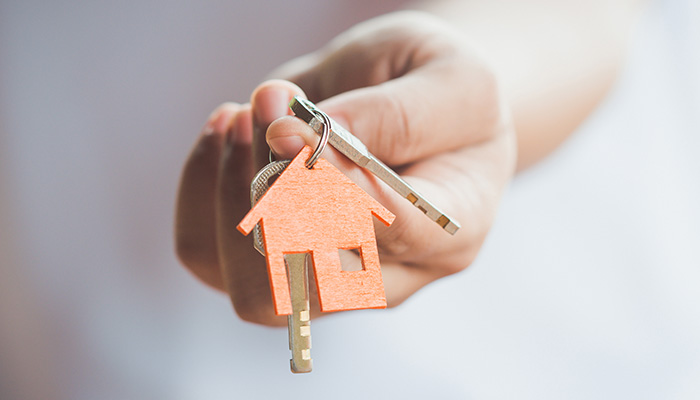How To Avoid Becoming House Poor
2019-11-04 minute read
Buying a home is an important life event for many Canadians. However, this will generally consume a significant portion of your family’s income to service the mortgage, pay property taxes and utilities and stay on top of repairs and maintenance. Some families could find themselves in a ‘house poor’ situation where they are allocating a large portion of their income to housing expenses — with insufficient money left over for savings, discretionary spending or emergencies.
According to the Canada Mortgage and Housing Corporation (CMHC), a household should spend a maximum of 30 percent of gross income on housing expenses: mortgage, property taxes, utilities and home maintenance and repairs. Your entire monthly debt load — mortgage, car loan and credit card payments — should not exceed 40 percent of gross household income.

There Are Many Ways to Become House Poor
Buying a home they can’t afford is the most likely reason that Canadians end up house poor, but it’s not the only one. Here are some of the others:
- Job loss / reduction in income
- No emergency funds or savings
- Sandwich generation expenses (e.g. daycare and post-secondary education for your children, health care or long-term care for aging parents and saving for your retirement.)
- Too much consumer debt — the costs of servicing these debts can consume a large portion of household income and will typically increase over time.
How Can You Avoid Becoming House Poor?
It’s possible to avoid becoming house poor. Here’s how:
Don’t buy more than you can afford.
By following the CMHC guidelines of spending a maximum of 30 percent of your gross household income on housing expenses, you’ll enjoy some extra breathing room after you’ve paid your bills.
Build up an emergency fund or savings account.
Having a healthy savings account will allow you to do home maintenance repairs as needed and have a cushion in place in the event of an emergency.
Avoid lifestyle inflation.
As your income increases, it may be tempting to spend more. Consider putting any extra income into savings as a safeguard and resist the temptation to inflate your lifestyle.
Minimize consumer debt.
It’s common for homeowners who carry a significant amount of consumer debt to quickly become house poor, as they have little to no money left over after making their home and credit payments. This can lead to a financial crisis if it is not resolved.
Prepare for income changes.
Before buying a home, be clear about how long you plan to live there. And, if possible, forecast what your income may look like over time. If you expect a drop in your income at any point, factor this in before buying a home.
Budget for home maintenance.
A guaranteed part of homeownership is home maintenance and repairs. Include this in your budget to easily cover small repairs or plan for a large expense such as a new roof. Set aside a specific amount of money each month into a home maintenance savings account, so the money is readily available when you need it.
Following these steps can help you avoid becoming house poor and ensure that home ownership will be an enjoyable experience for you and your family.
Following these steps can help you avoid becoming house poor and ensure that home ownership will be an enjoyable experience for you and your family. If you are in a 'house poor' situation where there never seems to be enough money left over at the end of the month, MNP can help. Our team of Licensed Insolvency Trustees will help you find the solution that best fits your situation. Set up your Free Confidential Consultation today to learn more about your options. You may qualify for a Life-Changing Debt Solution.

